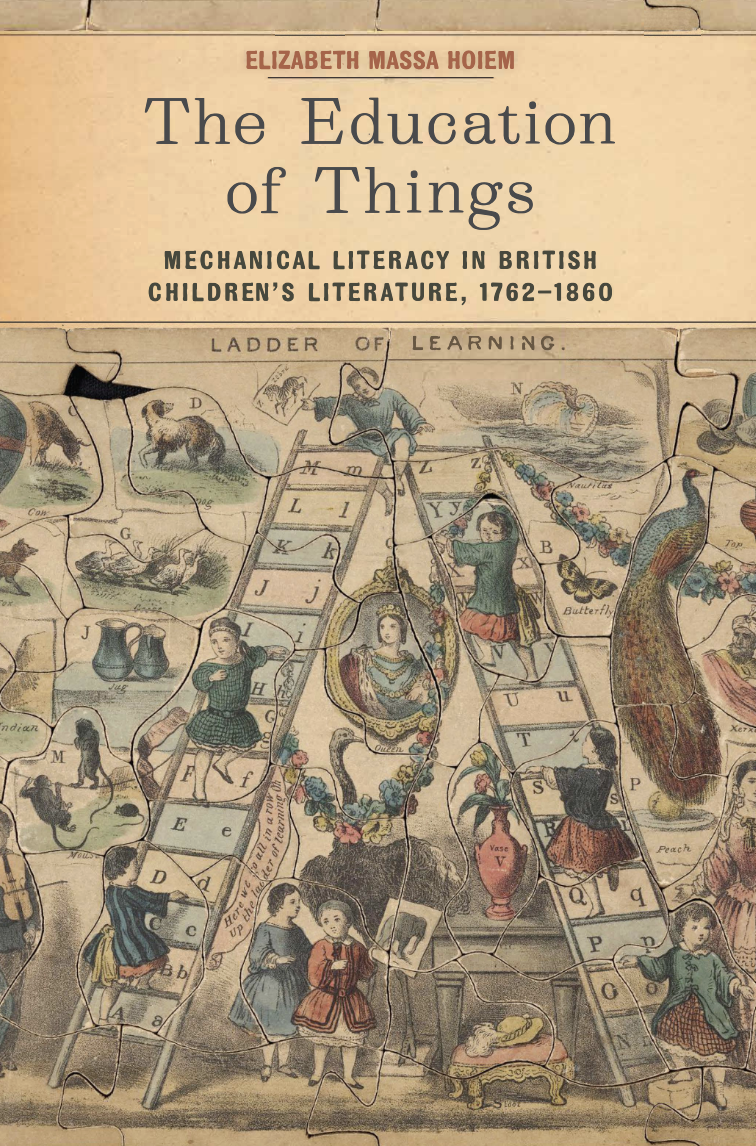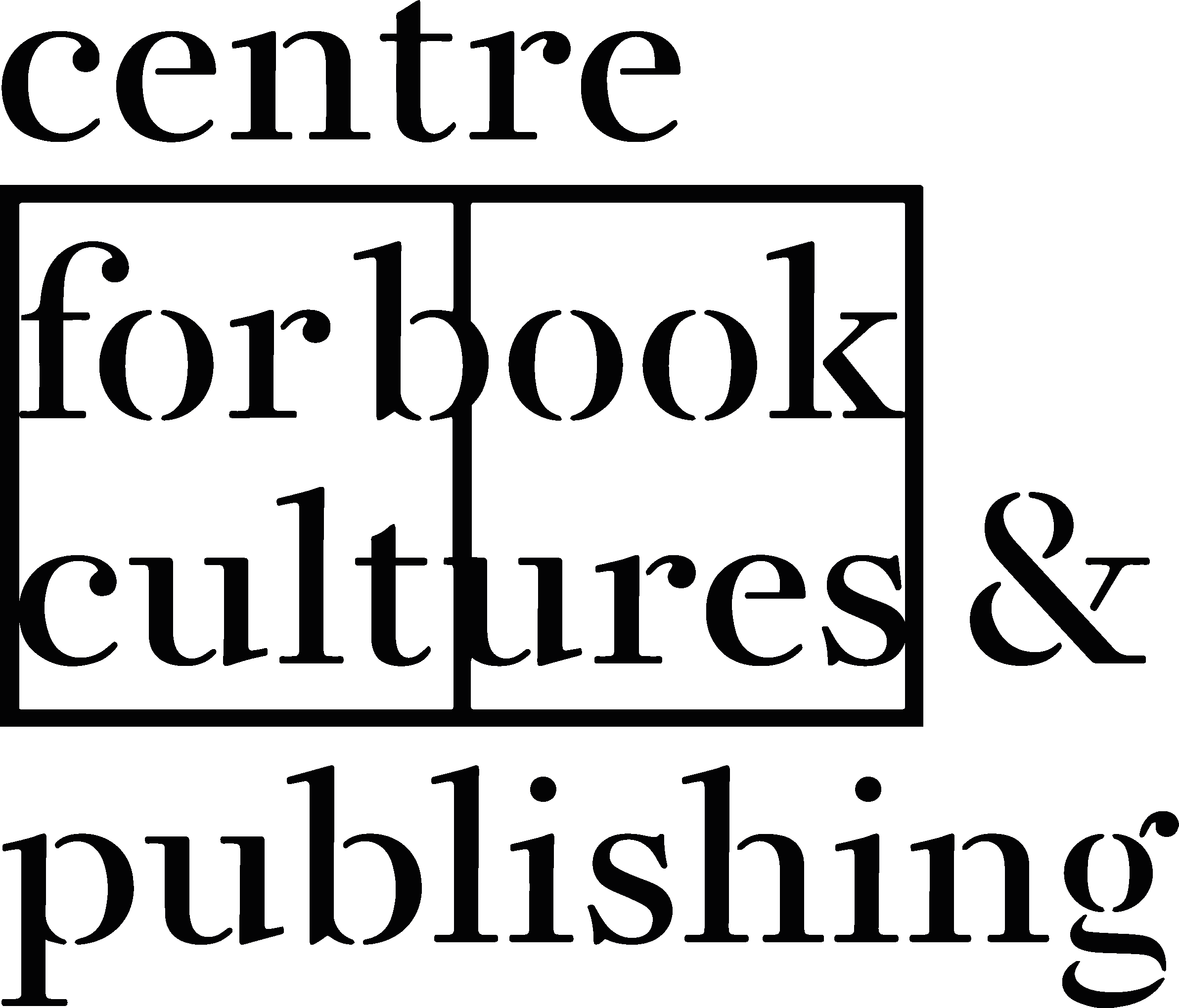
- This event has passed.
The Education of Things: Mechanical Literacy in British Children’s Literature, 1762–1860
Event Navigation

Speaker: Dr Elizabeth Hoiem – Assistant Professor, Illinois School of Information Sciences
This research seminar is a hybrid event & is free & open to all
- To join us in person come along to Room T4, Department of Typography & Graphic Communication, University of Reading (Whiteknights campus), RG6 6BZ
- To join via MS Teams, please register here
Seminar topic:
By the close of the eighteenth century, learning to read and write became closely associated with learning about the material world, and a vast array of games and books from the era taught children how to comprehend the physical world of “things.” Hoiem’s 2024 book analyses the class politics behind the playful literature, toys, and learning aids created to teach reading alongside science, technology, and economics. argues that with the rise of manufacturing, skills such as tinkering, observation, and experimentation became essential new literacies for an industrial economy. To maintain their social position, wealthier families taught their children “mechanical literacies,” or the ability to interpret the laws governing how things are manipulated, created, purchased, manufactured, and exchanged. To do this, families incorporated artisan practices into their nurseries and classrooms, teaching their children to play-act the work of making things. Playful learning thus offered children of leisure a way to acquire mechanical literacies by handling books, games, crafts, and learning aids as physical proxies for immersive experiences with work, while remaining protected from the hardships of child labour.
In this talk, Dr Hoiem compares educational materials created to teach reading, writing, and political economy to privileged children with books and lessons developed by author-educators active in British working-class movements for universal suffrage and political reform. Instead of teaching mechanical literacy through play, radical working-class authors reclaimed manual labor as a legitimate source of knowledge about the material world. They developed manipulable learning aids to teach not only writing but the equitable distribution of resources, preparing youth through mechanical literacy to analyse political systems and suggest new governing laws. Making and manipulating material texts—combining words and putting things together—signaled children’s potential to make knowledge and design machines, and to fully participate in political and economic systems. But manipulating toys with texts held different meanings for different communities, reflecting divergent beliefs about whose children are capable of rational thought and political participation.
About our speaker:
Elizabeth Massa Hoiem is assistant professor at the Illinois School of Information Sciences and a visiting fellow at the University of Leeds, Center for the History and Philosophy of Science. Her work draws on theoretical and historical perspectives from children literature and material culture studies, history of education, book history, history of science and technology, working-class history, and literacy studies. She received the Justin G Schiller Prize for her book, The Education of Things (University of Massachusetts Press, 2024), and the 2019 Judith Plotz Emerging Scholar Award for her article on 1830s radical broadsides, songs, prayers, and journalism for working children. Her article on representations of slavery across 200 years of sugar production stories for children won the 2021 Illinois Humanities Research Institute Prize for Best Faculty Research. She is currently starting a new book project, The Earth’s Childhood: Geology, Deep Time, and the Origins of Life in Children’s Books, 1860 to 1960, and another project on production stories, or stories about how everyday things are made.

